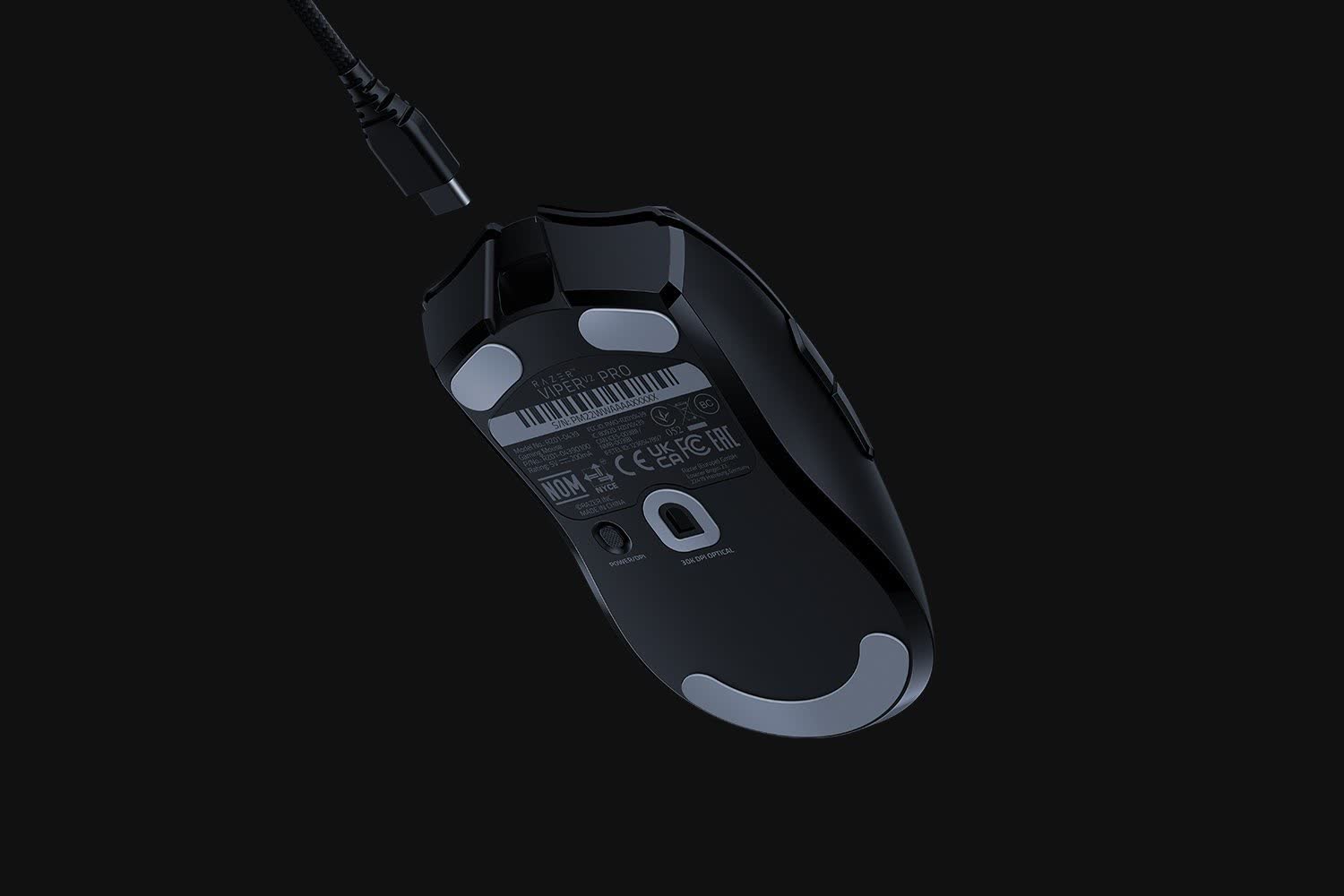Through the looking glass: Tech companies have gradually transformed one-time-purchase products into services over recent years, often with paid subscriptions. Although the trend mostly affects software, some businesses are trying it with hardware. Human interface devices could be next, as elaborate software packages already often accompany keyboards and mice.
In a recent interview with The Verge, Logitech CEO Hanneke Faber broached the idea of a "Forever Mouse" that users would never replace and would continually receive new features through firmware updates. A subscription isn't out of the question.
The company's innovation center in Ireland suggested the idea of a high-quality (but not flagship-grade) mouse that is sturdy enough for indefinite usage and would receive new software and services throughout its long lifespan. Faber described it as a goal Logitech wants to reach, but the company is still determining a proper business model.

Regarding pricing, the CEO compared the mouse to a Rolex watch and the software to Logitech's video conferencing business. A paid subscription is possible, but Faber offered no further details.
Tech companies have used subscriptions to draw more reliable revenue streams from products that have traditionally been one-time purchases, but Faber also suggested that the forever mouse could help sustainability efforts. Users replacing hardware less often would lead to less e-waste.
Logitech has offered apps and updates for its mice, keyboards, and other products for years. For example, the G Hub app enables users to customize inputs, sensitivity, and other features. The company regularly updates the software with keyboard and mouse profiles for specific games. Faber's remarks suggest that Logitech could eventually intensify its efforts in this area.

Razer and Wooting recently presented a controversial example of how software updates might enhance interface devices. A recent update for Razer's Huntsman V3 Pro keyboards introduced a feature that changes how they resolve simultaneous opposing directional inputs, leading to potentially unfair advantages in games like Counter-Strike 2 and Overwatch. Wooting followed suit in case it needed to stay ahead of the curve. Razer also recently added new orientation and sensitivity controls for its mice.
Hopefully, the idea won't manifest as a mouse with DRM if it becomes a real product. HP, infamous for using online DRM to direct users toward its expensive ink cartridges, recently discontinued its DRM-locked laser printers. Unfortunately, current owners must continue paying for a subscription to continue using them.
